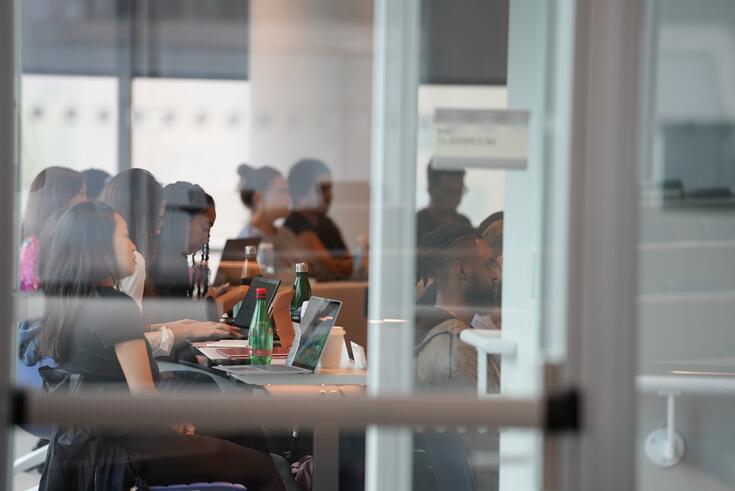From Work Devices to Résumés: Resources to Help You Navigate a Layoff
Mentioned Faculty (1)

Brett House
Brett House is Professor of Professional Practice in the Economics Division at Columbia Business School. His research and writing are focused on macroeconomics and international finance, with interests in fiscal issues, monetary policy, international trade, financial crises, and debt markets. His work has been published in peer-reviewed journals and international media.








